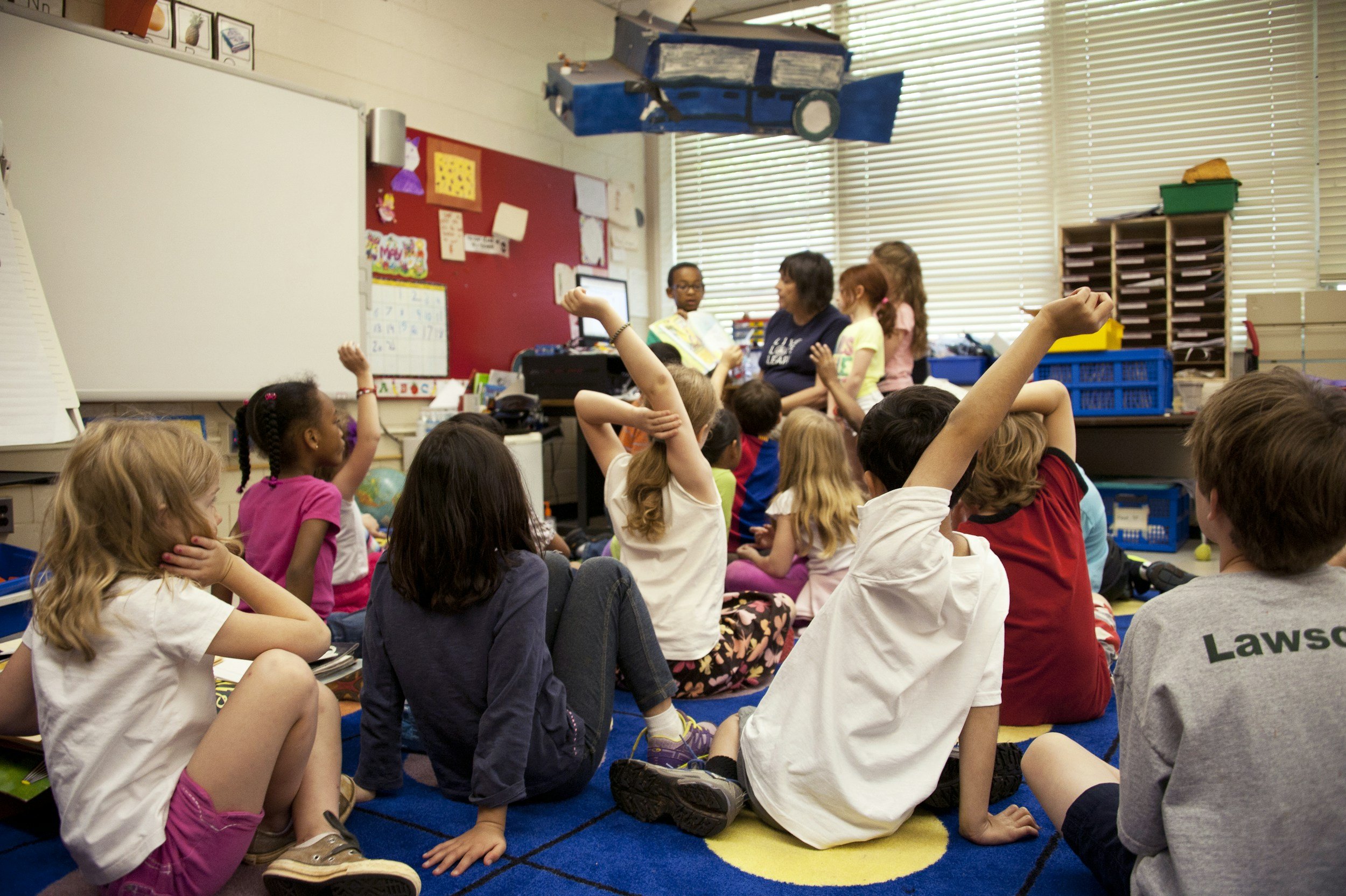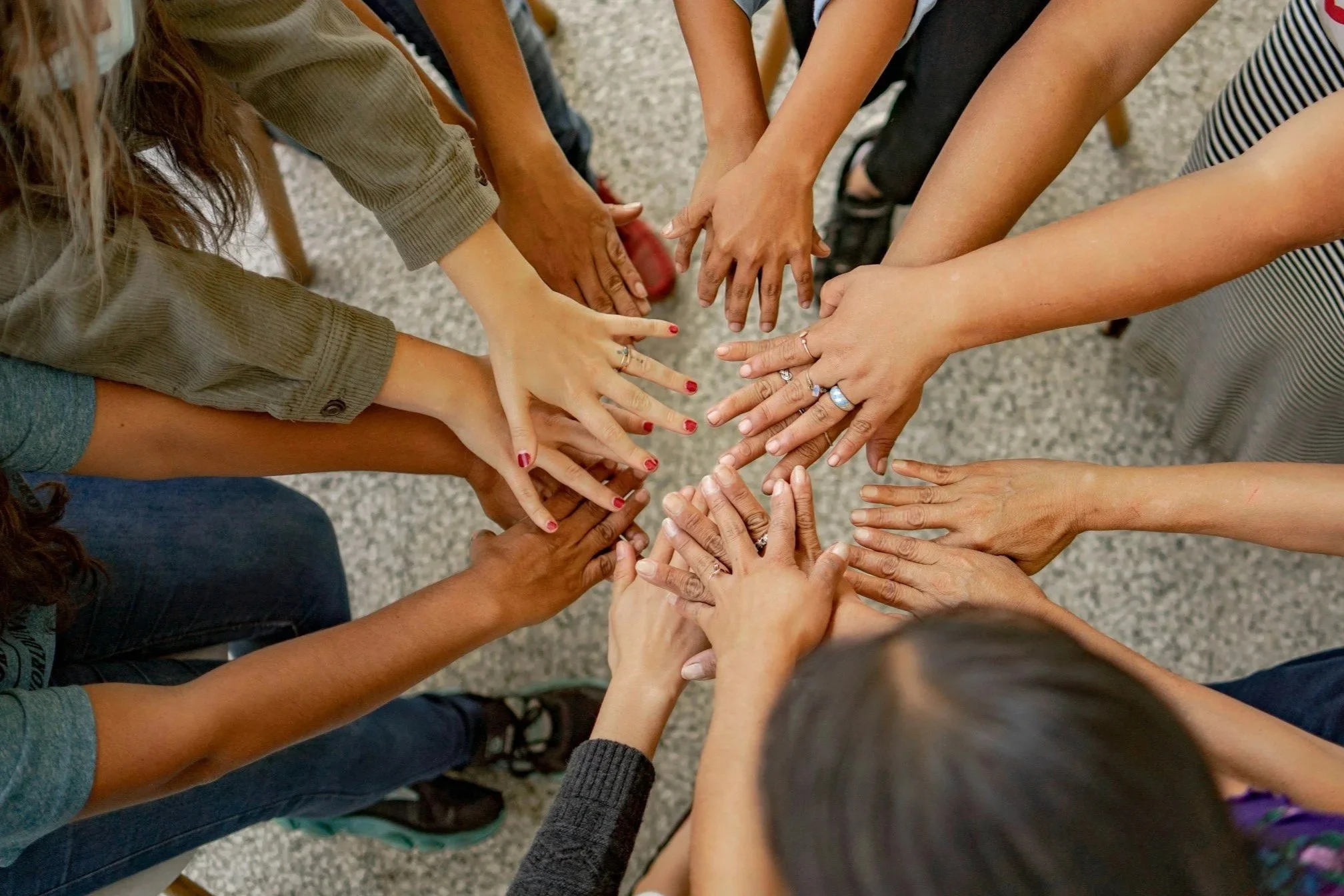Upcoming Scheduled Workshops
Join us for 90-minute live online workshops via Zoom for just $10 each.
Upcoming workshops are listed below.
Note: All workshops times are in US Eastern time zone. Workshops are not recorded, and participants must join live in order to be counted for attendance. Participants who complete a workshop receive a certificate from the Harvard Graduate School of Education.
Civic Learning Through Projects: Getting Started
Tuesday, February 24, 7:30-9pm
Projects can offer powerful opportunities for authentic civic participation by young people of all ages. This workshop introduces you to a framework for planning and implementing projects that develop students’ civic knowledge, skills, and dispositions through real-world experiences. You will explore examples from kindergarten through high school that illustrate the framework in action and consider how to refine the framework to fit your context.
Teaching Elementary Students to Have Effective Discussions
Thursday, March 19, 7:30-9pm
Engaging productively in discussion is an important social-emotional skill, essential in community life and civic participation. In this workshop you will practice easy-to-use strategies that help students learn and internalize discussion skills. Together, we will identify scaffolds that increase engagement and participation in discussion for all students. You will leave with new ideas for helping students use discussion to learn and contribute to their communities.
Deepening Civic Learning through Community Connections
Wednesday, April 15, 7:30-9pm
Interaction with local community is at the heart of civic participation. This workshop presents practical strategies for helping students of all ages cultivate community connections that support their civic learning and involvement. You will explore how students can meaningfully engage with others in their neighborhood, town, or city to deepen their understanding of history and current issues and build their participatory skills in scaffolded ways. You will leave with personalized ideas about how your students might engage with their community to strengthen their civic learning.
Professional Development in Your School
We offer a menu of by-request 90-minute interactive workshops below that can be tailored and delivered by our team to you and your colleagues in your school, district, or organization.
Start by simply reviewing the list of available workshops below. Then, complete our interest form with your information, workshop choice(s), and scheduling options.
A member of our team will then be in touch with you within 5 business days to review your details, confirm your selections, process your payment, and then engage in a consultation with you about how we can tailor the structure of the workshop(s) to your needs.
By-Request Workshop Options and Pricing
Prices are approximate and may be adjusted based on the specifics of your request. Scholarship rates may be available to groups or organizations in financial need.
Virtual Delivery: Our team will facilitate 1-2 workshops at a time live on Zoom, with the following price tiers for your expected audience size (minimum of 15 participants):
15-30 participants: $800/workshop.
31-50 participants: $1,400/workshop.
50+ participants: $1,750/workshop.
In-Person Delivery: Our team will travel to your school and lead workshops over a half-day or full-day experience (pricing is based on expected maximum of 50 participants):
A half-day, 3.5 hour PD session consisting of 2 workshops with introduction and conclusion: $1,500.
A full-day 7 hour PD session consisting of 3 workshops with introduction and conclusion: $3,000.
Available By-Request Workshops
Choose any workshops of interest across the three categories.
Essential Skills for High-Quality Civics Teaching in Gr. K-12
-
Engaging in conversations about difficult topics helps students develop important civic skills and dispositions, but such conversations require skillful facilitation by the teacher. This workshop presents a planning framework and usable tools and strategies to extend your skill at preparing for and facilitating discussions of difficult topics in your classroom. The workshop includes examples and strategies from grades K-12 and time for you to reflect on how to apply your learning to your context.
-
Interaction with local community is at the heart of civic participation. This workshop presents practical strategies for helping students of all ages cultivate community connections that support their civic learning and involvement. You will explore how students can meaningfully engage with others in their neighborhood, town, or city to deepen their understanding of history and current issues and build their participatory skills in scaffolded ways. You will leave with personalized ideas about how your students might engage with their community to strengthen their civic learning.
Student-Engaged Civics Learning in Gr. 6-12
-
Projects can offer powerful opportunities for authentic civic participation by young people of all ages. This workshop introduces you to a framework for planning and implementing projects that develop students’ civic knowledge, skills, and dispositions through real-world experiences. You will explore examples from kindergarten through high school that illustrate the framework in action and consider how to refine the framework to fit your context.
-
Successful civics projects are built on a foundation of teacher planning and support. Join us to explore tools to enhance student-led learning at three critical junctures in the project process: choosing a topic, planning and taking action, and assessing progress toward goals. You will reflect on how to adapt the strategies to your context and your learners’ needs, leaving with tools that you can put to use right away.
-
Allowing students to choose the topics for their civics projects can increase student engagement but also contribute to two common challenges for teachers: making student work time effective and efficient, and tracking the progress of multiple projects. Join us to explore strategies and usable tools that ease these common challenges. You will reflect on how to adapt the strategies to your context and your learners’ needs, leaving with tools that you can put to use right away.
-
Each student brings unique assets to civic learning and also benefits from individualized support during project-based learning. Join us to deepen your understanding of how to plan and implement project-based civics learning that is relevant, accessible, and inclusive for all students. You will leave with concrete strategies that are particularly helpful for supporting meaningful project engagement for English learners and students with disabilities.
-
Facilitating civics projects does not require you to be an expert on the issues your students choose to investigate. Instead, you will support students to develop their own expertise about their issues by helping them hone their research skills. Join us to explore strategies to help students identify credible sources and information, broaden their data sources and methods, and consider multiple stakeholders in their research.
Building Community and Civic Skills in Gr. K-5
-
Elementary students participate in meaningful civic interactions in their schools, homes, and neighborhoods every day. How can we promote students' social-emotional growth while we foster the knowledge, skills, and dispositions that help them be productive community members with interest in civic behavior? This learning experience offers strategies for bringing civic learning to the forefront in everyday classroom interactions and for creating authentic opportunities for K-5 students to contribute to their classrooms, school, and community.
-
Daily routines are an important part of elementary school life. They also present rich opportunities to foster young people’s civic knowledge, skills, and dispositions. Join us to learn how you can leverage common routines, like morning meeting and class decision-making, to enhance your students’ civic learning and their social-emotional growth.
-
Engaging productively in discussion is an important social-emotional skill, essential in community life and civic participation. In this workshop you will practice easy-to-use strategies that help students learn and internalize discussion skills. Together, we will identify scaffolds that increase engagement and participation in discussion for all students. You will leave with new ideas for helping students use discussion to learn and contribute to their communities.
-
In every classroom, children encounter people with experiences different from their own. In this workshop, designed for K-5 teachers, you will explore three important avenues for creating a classroom culture that values multiple perspectives: engaging in your own self-reflection, fostering students’ disposition to engage with different perspectives, and designing an inclusive physical space. You will leave with tools for nurturing your students' inclination and ability to build community with others.





